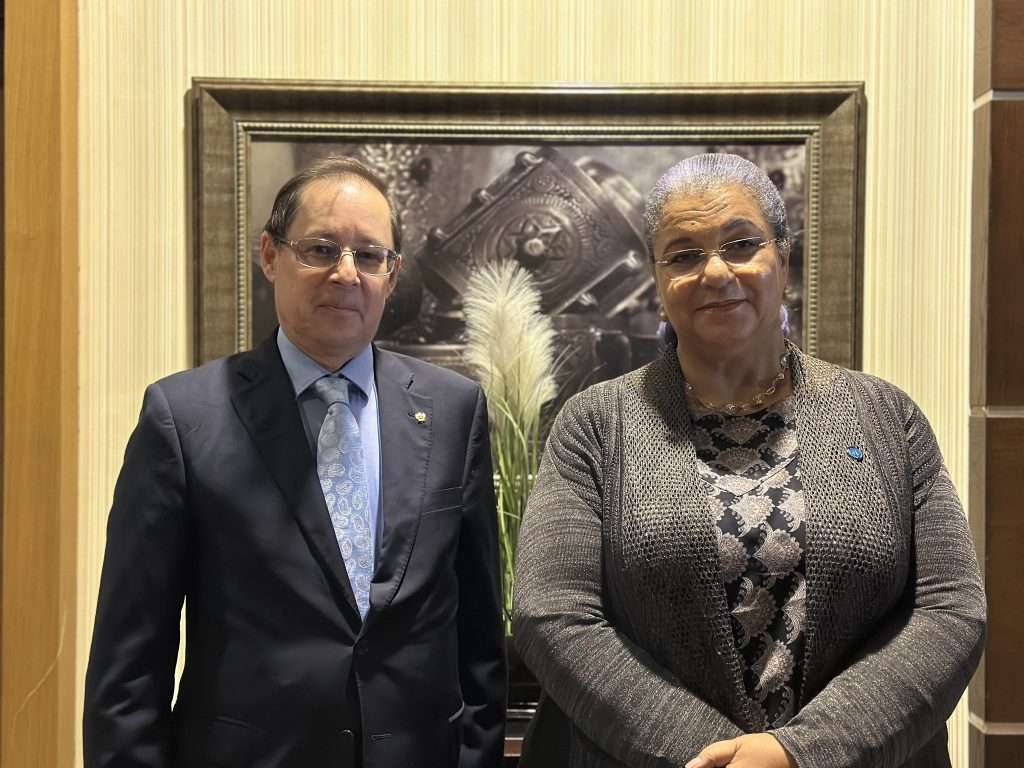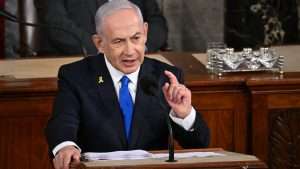UN envoy to Libya meets Russian ambassador for talks

Head of the United Nations Support Mission in Libya (UNSMIL) Hanna Tetteh met Russian ambassador Aydar Aganin in Tripoli to discuss the worrying security situation, according to The Arab Weekly plus agencies on September 9th.
The Russian embassy stated the meeting focused on ways to implement and advance the UN political roadmap for Libya, as well as reviewing developments in Tripoli to prevent further escalation.
Both Tetteh and Russia emphasised the need for a swift and peaceful settlement of disputes between the Tripoli-based Government of National Unity (GNU) and the Stability Support Apparatus (Rada) amid endemic militia presence in Tripoli and across Libya.
Russia is viewed as a crucial broker for any UN initiative through its historic ties with Libya and their presence at the UN Security Council, but it has undermined the UN-backed GNU led by Prime Minister Abdulhamid Dbeibeh through strengthening ties with the eastern Libyan administration and the Libyan National Army.

Hoping to deliver a coherent vision for Libya, the UN is seeking Russian backing for its plan despite Moscow’s scepticism over Western intervention in Libya.
Tetteh has confirmed that the implementation phase of the political roadmap has begun, with the primary focus on unifying the disparate Libyan parties and civil institutions which remain divided, to ensure that national elections can be held as soon as possible.
Beginning the process of coordinating diverse Libyan interests, Tetteh recently met eastern Libyan commander Khalifa Haftar to deliberate on the new political roadmap alongside discussing ways to maintain stability and prevent the return of mass violence.
There are obvious anxieties surrounding the UN political roadmap will prove redundant without an end to recurring violence and militia presence. According to Libya Review, Libyan MP Jaballah Al-Shibani has warned that any plan to form a unified Libyan government will be futile unless a comprehensive plan to disarm the country’s armed factions occurs concurrently.
He added that UNSMIL have contributed to current instability through the “recycling of transitional stages” which has obstructed infrastructural progress and ambitious, long-lasting reforms.
The Arab Weekly plus agencies, Maghrebi.org, Libya Review
Want to chase the pulse of North Africa?
Subscribe to receive our FREE weekly PDF magazine













